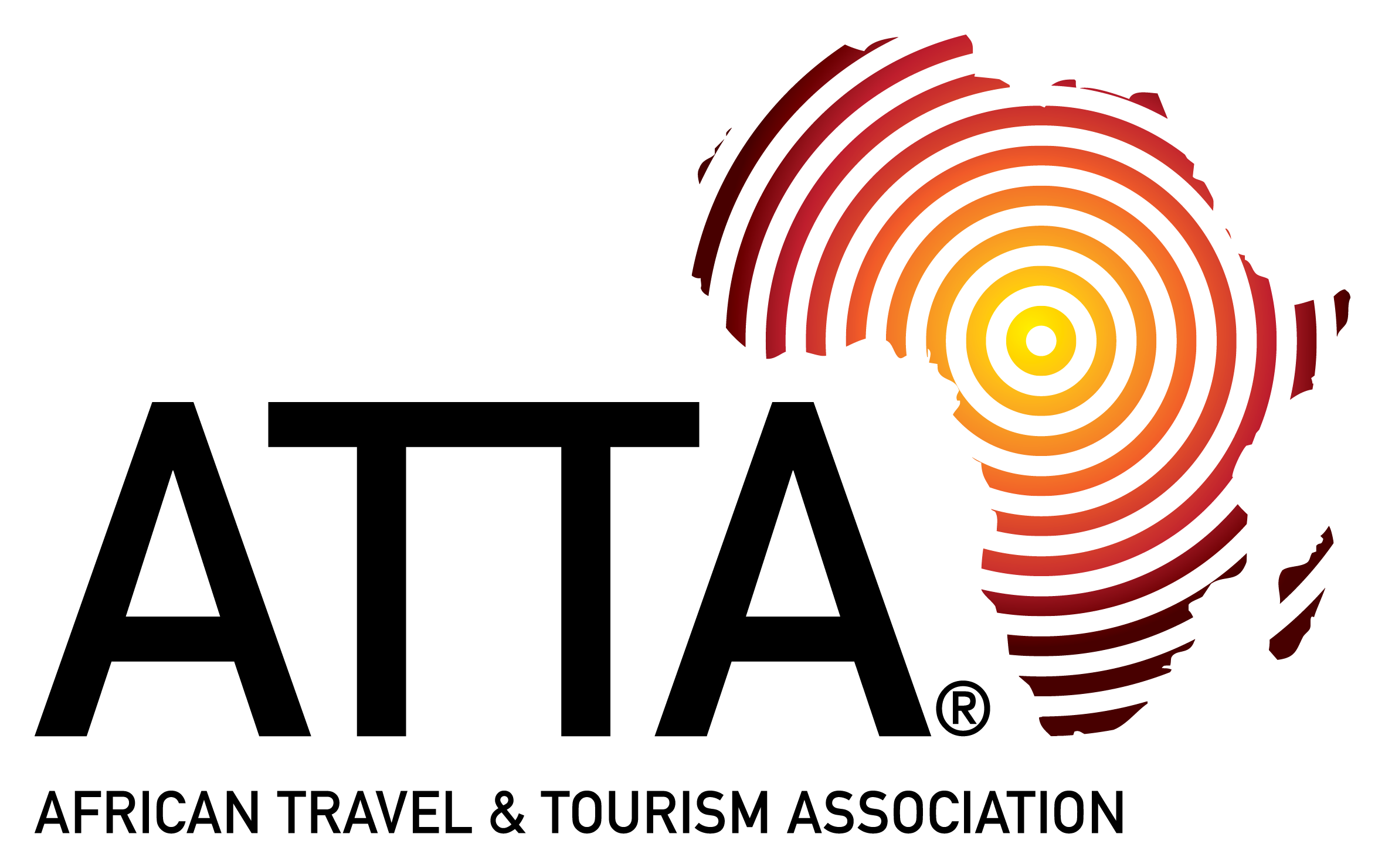Day 1: Arrive Maun; fly to Moremi Game Reserve
You will be met by our representative on arrival into Maun and escorted to your 14:00 charter flight to Xakanaxa in Moremi Game Reserve, where you stay three nights. During your mobile safari, you'll stay in a comfortable tent, with private bathroom and seating area.
Moremi is considered by many to be the most exceptional area of the Delta region, where all the major habitats and ecozones of the Okavango are conserved. Forming the centre of the Delta ecosystem, Moremi is notable for the density of its wildlife. Vast herds of red lechwe, an ever-present sight on the plains and in the shallow waters, attract lion (there are at least 4 prides here), leopard and wild dog, with sightings of the latter especially good in Moremi. Other rarities include spotty necked otters, and both black and white rhino, which in recent years have been reintroduced to the reserve.
Birding is absolutely wonderful here, with good opportunities to spot raptors such as African hawk-eagle, shikra, little sparrowhawk, tawny eagle, gabar goshawk, dark chanting goshawk. Hornbills are also present in good numbers, including red-billed, African grey, Bradfield’s and southern ground hornbills. A good number of brood-parasites may also be seen, including shaft-tailed whydah, pin-tailed whydah, eastern paradise whydah, greater and lesser honeyguide. Migratory species include lesser spotted eagle and steppe eagle, diederik cuckoo, Levaillant’s cuckoo, great-spotted cuckoo, African cuckoo and Jacobin cuckoo.
The swampy areas of Xakanaka are home to coppery-tailed coucal, African rail, red chested flufftail, black crake, chirping cisticola, purple swamphen, Allen’s gallinule egret and the migratory black coucal and African Crake. On the open waters you can hope to see saddle-billed stork, yellow-billed stork, goliath heron, African fish eagle and the endangered slaty egret and wattled crane.
Day 2-3: Xakanaka, Moremi Game Reserve
The next two days will be spent exploring the Xakanaka area of Moremi Game Reserve on game drives.
The Moremi habitat encompasses open floodplains, lagoons, marshes, papyrus fringed channels, savannah and woodland. In addition to the birdlife mentioned above, Moremi sustains lots of big game, including large numbers of buffalo, several packs of wild dog, and breeding herds of elephant.
In the evenings, enjoy a drink by the campfire discussing the day’s sightings with your travelling companions while your delicious meal is prepared and served under the stars.
Day 4-6: Exploring the Kwai region of Moremi
After breakfast, you will set off from the Xakanaka region and journey north east to the Kwai Community area, following the course of the river past floodplains, woodlands and mopane shrubland.
Among the game to be found here are large pods of hippo and crocodiles. Predators include leopard, serval, cheetah, lion and wild dog, while the grazers include red lechwe, roan and sable antelope, Burchell’s zebra, southern giraffe and tsessebe.
Keen birders will enjoy spotting species such as Stirling’s wren warbler, scarlet-chested sunbird, yellow-breasted apalis, chinspot batis, and long-legged bustard – to name but a few.
Activities here include day and night game drives, walking safaris (depending on water levels), and a mokoro excursion.
Day 7-9: Chobe National Park
The last section of your mobile camping safari will see you journey further north to the central Chobe region, where you spend the next three days.
En-route to Chobe you will pass the desert-like landscape of the Makgadikgadi paleolake, the remains of an ancient lake that once covered much of northern Botswana. Linking this region is the Savuti Channel & Marsh, and the Mababe Depression. This region is dry and arid for most of the year, but produces rich food for wildlife after the rains. At certain times the depression becomes impassable and an alternative route is used.
This region is renowned as cheetah country and these spectacularly fast cats are a delight to observe in their natural habitat. Lions and elephant also find the place congenial, as do wild dog, who like to hunt in this area.
In addition, the Mababe Depression is a haven for birds attracted by the nutritious grasses which provide excellent seed. Among the species to be found here are the magnificent violet-eared waxbill, black-cheeked waxbill, village indigobird, paradise and shaft-tailed whydah. In turn, these provide a food source for the smaller raptors. Rodents also enjoy the seeds and flourish in the long grass, attracting secretary birds, tawny eagles and black-shouldered kites. Migrant species include Wahlberg’s eagle, steppe buzzard, lesser-spotted eagle and steppe eagle.
Day 10: Central Chobe to Chobe River
Today your guide will take you along the route of the Chobe River, with some opportunities for game-viewing en route, before arriving in Kasane for a picnic lunch. An afternoon boat cruise on the Chobe provides the finale to your safari.
Your itinerary ends in Kasane. If flying out this afternoon, we can provide an airport transfer. We can also arrange a night in Kasane and transfer to your hotel if your itinerary/flight schedule requires it. You may also like to consider extending your safari with a couple of nights in Victoria Falls – please ask for more details.
Botswana Northern Highlights
Scheduled small group mobile camping safari
Botswana Northern Highlights
2024/25 DEPARTURES AVAILABLE | This 10 day safari explores the richest game viewing and birding regions of Botswana, including Moremi Game Reserve, the Okavango Delta, and Chobe National Park. Accompanied throughout by a highly experienced guide, you will enjoy day and night game drives, mokoro-ing and guided walks (subject to water levels). This is a fully inclusive mobile safari for a maximum of 7 guests using private campsites with a full complement of staff, including a talented chef!
Outline Itinerary
Price guide
Pricing
10 days from £2980pp
Linyanti and the Okavango Delta
I would like to thank you for organising such a wonderful safari... the 3 of us loved every minute of it.
Honeymoon in South Africa
The weather was great until the last couple of days, but we didn't care because we were having to much fun.



